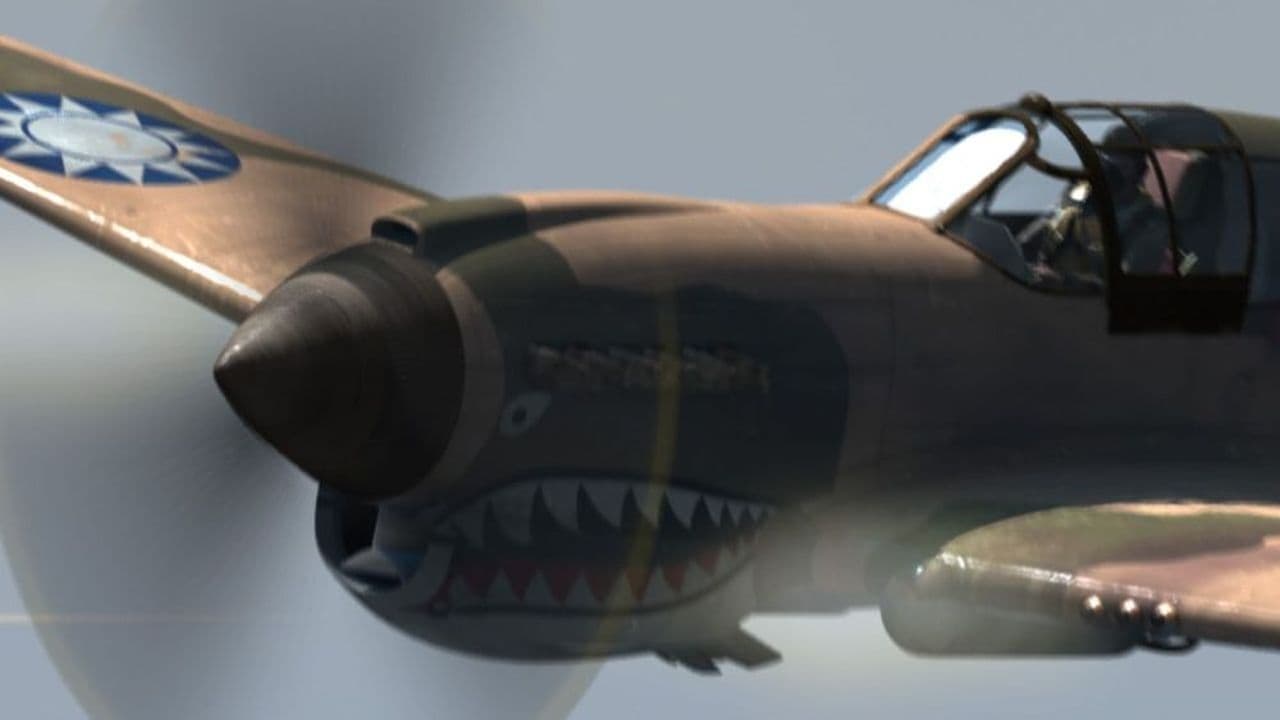

History
Featured Show:
Dogfights
Dogfights is a military aviation themed TV series depicting historical re-enactments of air-to-air combat that took place in World War I, World War II, the Korean War, and the Vietnam War, as well as smaller conflicts such as the Gulf War and the Six-Day War. The program, which airs on the History Channel, consists of former fighter pilots sharing their stories of actual dogfights in which they took part, and uses computer-generated imagery to give the viewer a better perspective of what it is like to partake in aerial combat The series premiered on November 3, 2006.
History TV Shows
440 shows • Page 16 of 22
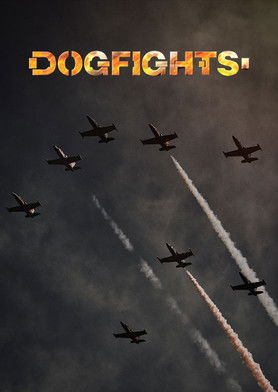
Dogfights
Dogfights is a military aviation themed TV series depicting historical re-enactments of air-to-air combat that took place in World War I, World War II, the Korean War, and the Vietnam War, as well as smaller conflicts such as the Gulf War and the Six-Day War. The program, which airs on the History Channel, consists of former fighter pilots sharing their stories of actual dogfights in which they took part, and uses computer-generated imagery to give the viewer a better perspective of what it is like to partake in aerial combat The series premiered on November 3, 2006.
 0
0Ancestors in the Attic
Got any secrets in your family tree, skeletons in ye olde ancestral closet? Were your ancestors sinner or saints, royals or rogues? Part personal drama, part CSI-like forensic investigation and part historical revelation, Ancestors in the Attic reveals to Canadians not only their roots, but also the diverse stories that make up the history of our country.
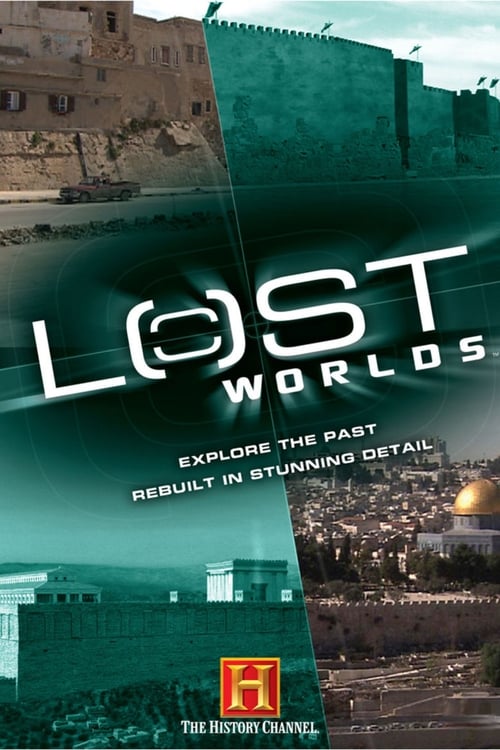
Lost Worlds
Lost Worlds is a documentary television series by The History Channel that explores a variety of "lost" locations from ancient to modern times. These "great feats of engineering, technology, and culture" are revealed through the use of archaeological evidence, interviews with relevant experts while examining the sites, and CGI reproductions. These visual re-creations take the form of rendered 3D environments and photo manipulated overlays, allowing the "lost world" to be seen over its present-day state. The pilot episode "Palenque: Metropolis of the Maya" was first aired on April 4, 2005. It was followed by 12 more episodes in 2006, and a further 19 episodes in 2007.
 0
0American Eats
American Eats is an American documentary series that aired on The History Channel from June to November 2006. The program follows in the footsteps of the earlier documentaries American Eats: History on a Bun and American Eats: More American Eats, both of which also aired on the History Channel in 2006. The series was produced by Atlas Media Corp.
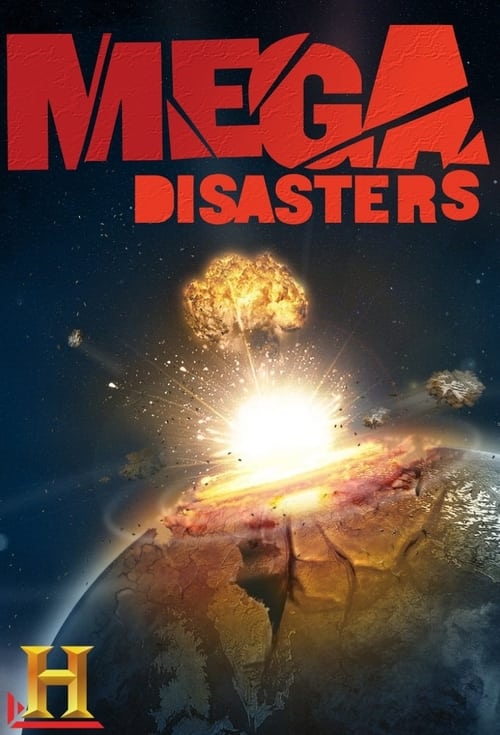
Mega Disasters
Mega Disasters is an American documentary television series that originally aired from May 23, 2006 to July 2008 on The History Channel. Produced by Creative Differences, the program explores potential catastrophic threats to individual cities, countries, and the entire globe. The two "mega-disasters" of the 2004 Indian Ocean tsunami and Hurricane Katrina in 2005 inspired the series and provided a reference point for many of the episodes. Excepting only two shows devoted to man-made disasters, the threats explored can be divided into three general categories: meteorological, geological, and cosmic hazards.

Mega Movers
Mega Movers is a television program on The History Channel. It first aired on April 18, 2006. The program details the preparations and inside problems and details of large moves, such as historical buildings being relocated to new sites miles away, oil derricks and such like difficult moves.
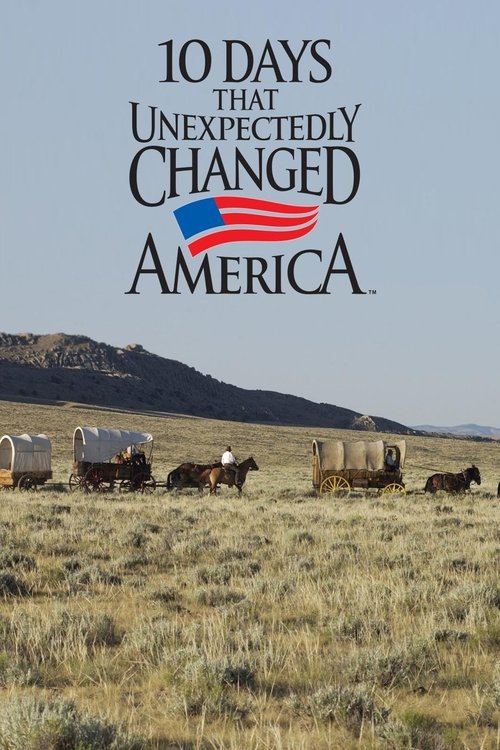
10 Days That Unexpectedly Changed America
10 Days That Unexpectedly Changed America is a ten-hour, ten-part television miniseries that aired on the History Channel from April 9 through April 14, 2006. The material was later adapted and published as a book by the same title.
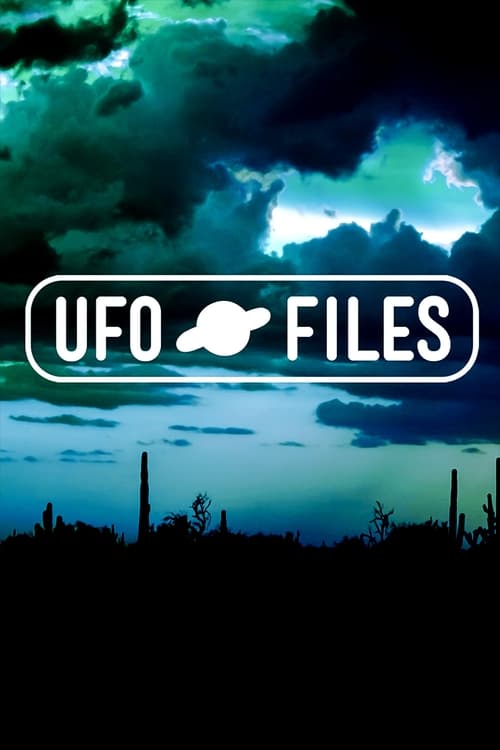
UFO Files
UFO Files is an American television series that was produced from 2004 to 2007 for The History Channel. The program covers the phenomena of unidentified flying and submerged objects, close encounters with alleged extraterrestrial life, and alleged military and government cover-up conspiracies. In 2008, a following series called UFO Hunters premiered on the same channel.
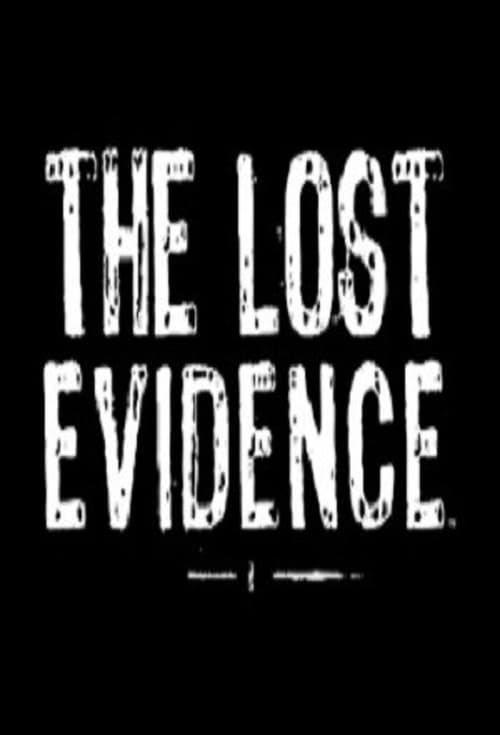
The Lost Evidence
The Lost Evidence is a television program on The History Channel which uses three-dimensional landscapes, reconnaissance photos, eyewitness testimony and documents to reevaluate and recreate key battles of World War II.
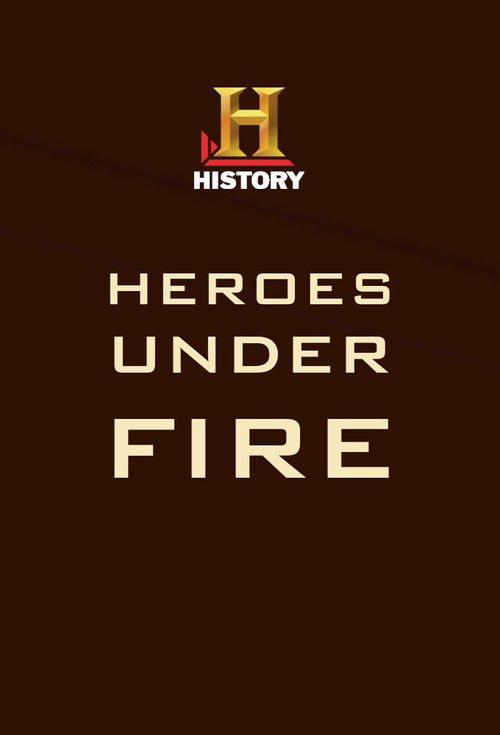 0
0Heroes Under Fire
Recalling individuals and teams that demonstrated valor in a variety of situations.
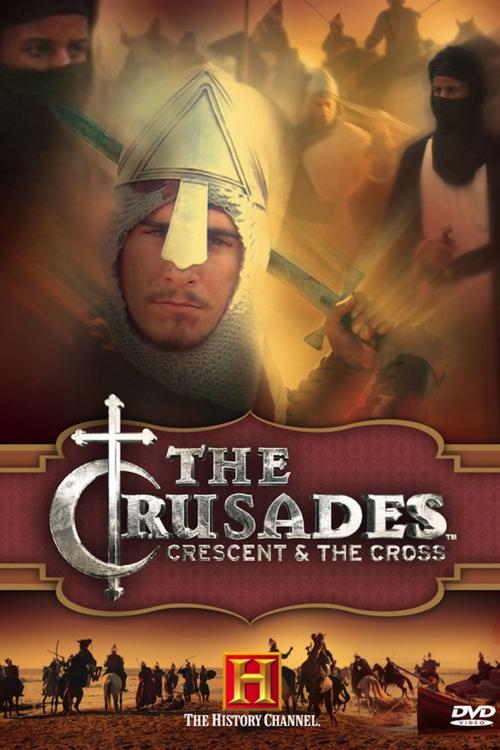 0
0The Crusades: Crescent and the Cross
The Crusades: Crescent and the Cross is a documentary that tells the story of the battles between the Christian Crusaders and the Muslims for the city of Jerusalem.
 0
0World's Deadliest Aircraft
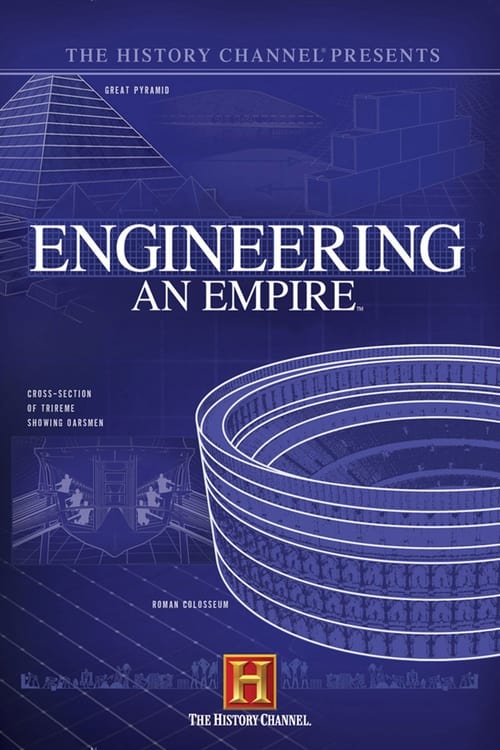
Engineering an Empire
Engineering an Empire is a program on The History Channel that explores the engineering and/or architectural feats that were characteristic of some of the greatest societies on this planet. It is hosted by Peter Weller, famous for his acting role as RoboCop but also a lecturer at Syracuse University, where he completed his Master's in Roman and Renaissance Art. The executive producer is Delores Gavin. The show started as a documentary about the engineering feats of Ancient Rome and later evolved into a series. It originally ran for one full season of weekly episodes.
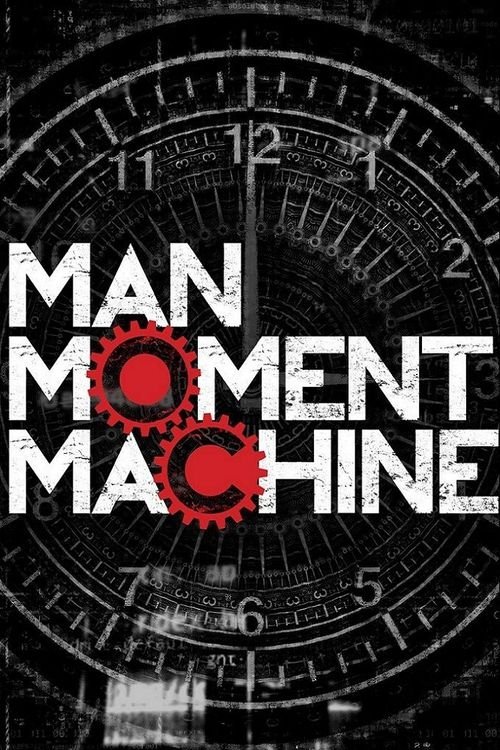 0
0Man, Moment, Machine
Man, Moment, Machine was a television series which aired on The History Channel and was hosted by Hunter Ellis. It documented an important event in history and went into detail about, as the title suggests, the man and his background, the machine and how it was made, and the outcome.
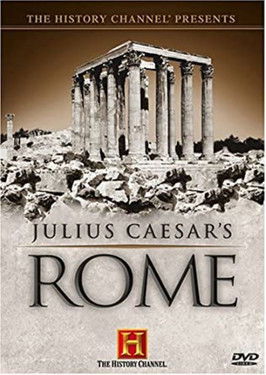 0
0The History Channel Presents: Julius Caesar's Rome
Throughout history, civilizations have come and gone, but few have altered the world as immensely as the Roman Empire. From its legendary founding by Romulus and Remus to its magnificent takeover of the Mediterranean to its eventual fall amidst the rise of Christianity, the many lasting influences of the Roman civilization remain with us today. Experience documentary history at its best and bear witness to the rise and fall of an empire.
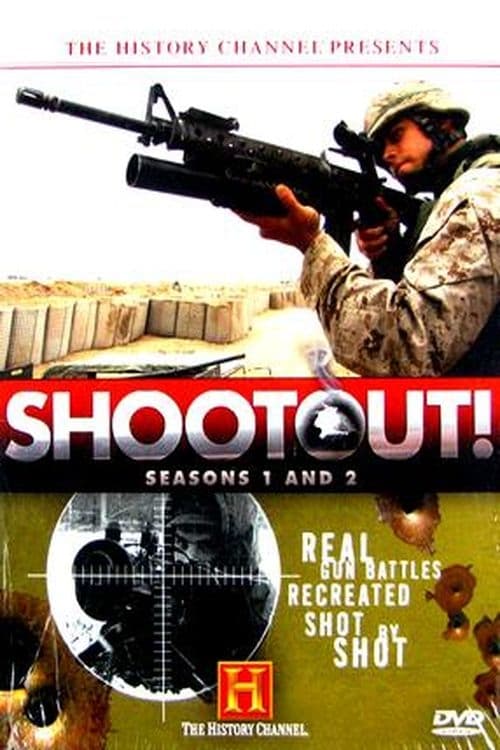
Shootout!
Shootout! was a documentary series featured on The History Channel and ran for two seasons from 2005 to 2006. It depicts actual firefights between United States military personnel and other combatants. There are also occasional episodes dedicated to police or S.W.A.T. team firefights, as well as Wild West shootouts. It also now has a feature of downloading and playing a first-person shooter detailing some of the battles. The battles include skirmishes from World War II, the Vietnam War, and the ongoing War on Terror in Afghanistan and during the 2003-2010 Iraq War. Season 1 was produced for The History Channel by Greystone Communications and Season 2 was produced by Flight 33 Productions. The series was created by Dolores Gavin and Louis Tarantino.
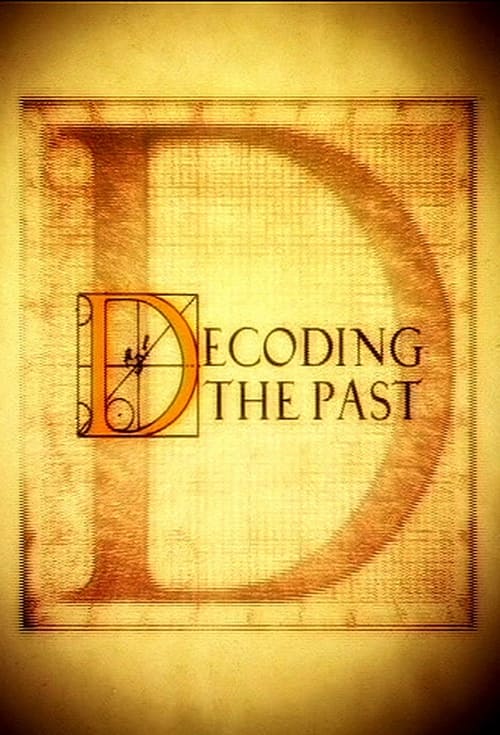 0
0Decoding the Past
Decoding the Past is a History Channel paranormal television series that "decodes" the past by looking for unusual, and mysterious things written about throughout history that may give clues as to what will happen in the future.

Secret Superpower Aircraft
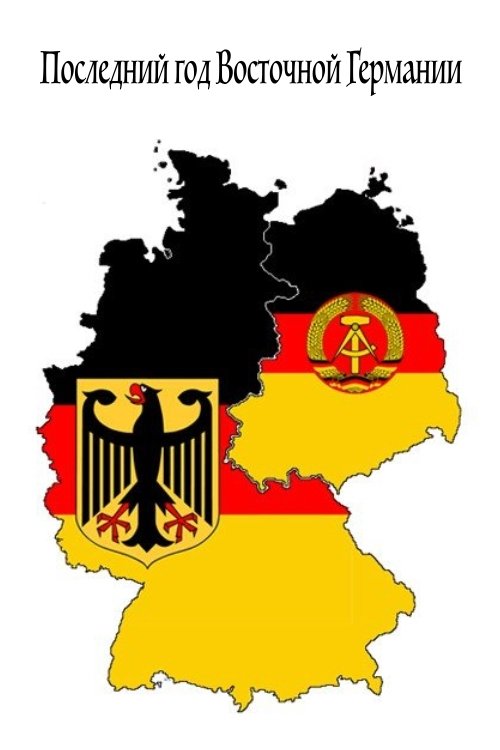 0
0Последний год Восточной Германии
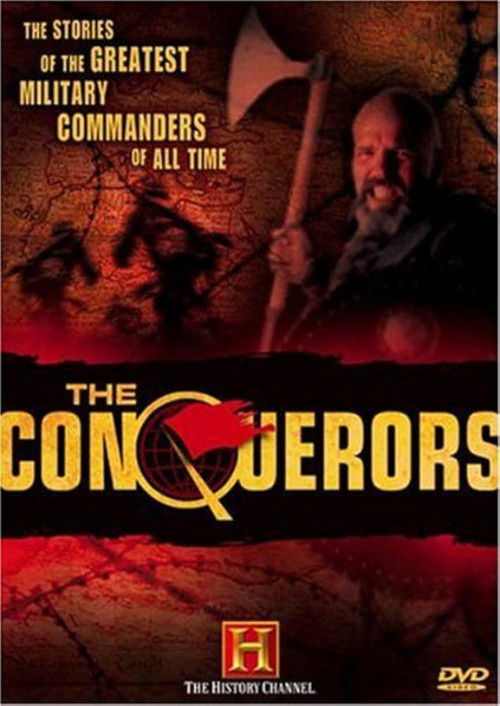 0
0